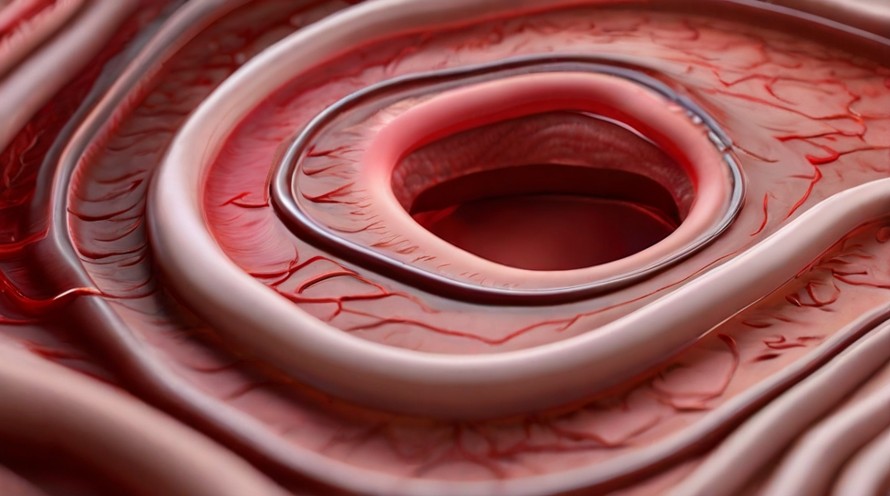Researchers at the University of Virginia School of Medicine have made significant discoveries that could help prevent heart attacks, strokes, and other cardiovascular diseases. By studying the biological glue our bodies create to protect us from these life-threatening conditions, the scientists have gained valuable insights into the factors that influence our risk for atherosclerosis, or hardening of the arteries.
Atherosclerosis occurs when fatty plaques build up in our blood vessels. To prevent these plaques from breaking loose and causing heart attacks or strokes, our bodies construct fibrous caps over them. The research team, led by Dr. Mete Civelek, believed that understanding the scaffolding our bodies build over these plaques could provide important clues about cardiovascular diseases.
“We combined two decades of human genetics findings and a unique resource of smooth muscle cells, an important component of arteries where the plaques develop,” said Dr. Civelek.
By measuring proteins secreted by smooth muscle cells from 123 heart transplant donors, the researchers identified 20 locations on our chromosomes that house genes influencing the production of these critical proteins. They also discovered a naturally occurring gene variation that puts certain people at higher risk for hardening of the arteries.
The findings shed light on why the efforts of smooth muscle cells can be both beneficial and harmful. This information will be valuable for researchers developing new treatments for atherosclerosis and cardiovascular diseases.
“We identified one protein, LTBP1, that we think plays an important role in plaque stability,” Dr. Civelek said. “We will continue to study if this protein can be a beneficial therapeutic target and hope to translate our findings to patient care soon.”
The research was supported by various organizations, including the American Heart Association, the National Institutes of Health, and the Academy of Finland.
#HeartHealth #CardiovascularResearch #AtherosclerosisStudy #MedicalBreakthrough

